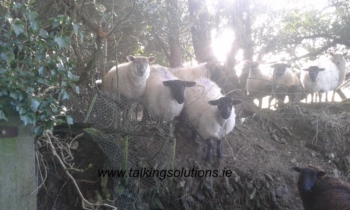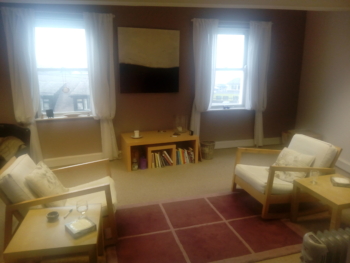Suicide is always a tragic event for any family and community. The shockwaves spread wide. Suicide is usually unexpected and sudden and leaves many unanswered questions for those left behind. It is a myth that any one event will cause suicide. The reasons are always complex and multi-dimensional. There is never one single cause. This month is Suicide Prevention month and an ideal time to promote our individual responsibility to educate ourselves.
What we do know from those who have survived an attempt is that people have very ambivalent feelings, they rarely want to die. They do want relief from ongoing emotional pain. 
According to the Psychological Society of Ireland,
‘suicide is not a disease. It is an expression of a host of emotions, hopelessness, guilt, sorrow, loneliness, rage, fear, that have their root in psychological, social, medical, and biomedical factors.
The harsh reality is that we are all vulnerable to suicide if the chips stack up. We know that in Ireland, over 75% of completed suicides are male. Some other risk factors are;
A history of heavy drinking/other drug abuse, a history of impulsive behaviour, recent relationship break-up, a series of bereavements, physical illness, financial struggles.
What can we do in a community context to help?
We all have a personal responsibility to educate ourselves; to take talk of suicide seriously and not to dismiss it. There is a common myth that talking about suicide will encourage people to take their own lives. This is simply not true; showing someone you care; asking honest questions and seeking appropriate help are 3 critical steps. Check out the website . The community support section offers e-learning on how to listen to someone who is feeling suicidal. The above is adapted from an HSE booklet called ‘Suicide Prevention in the Community’. The HSE employs Suicide Prevention officers in every region. Contact them and ask about community training that may be available in your area. Check out the websites of the National Office of Suicide Prevention, AWARE and the youth counselling service Headstrong. September 10th is World Suicide Prevention Day, let’s make it count.


